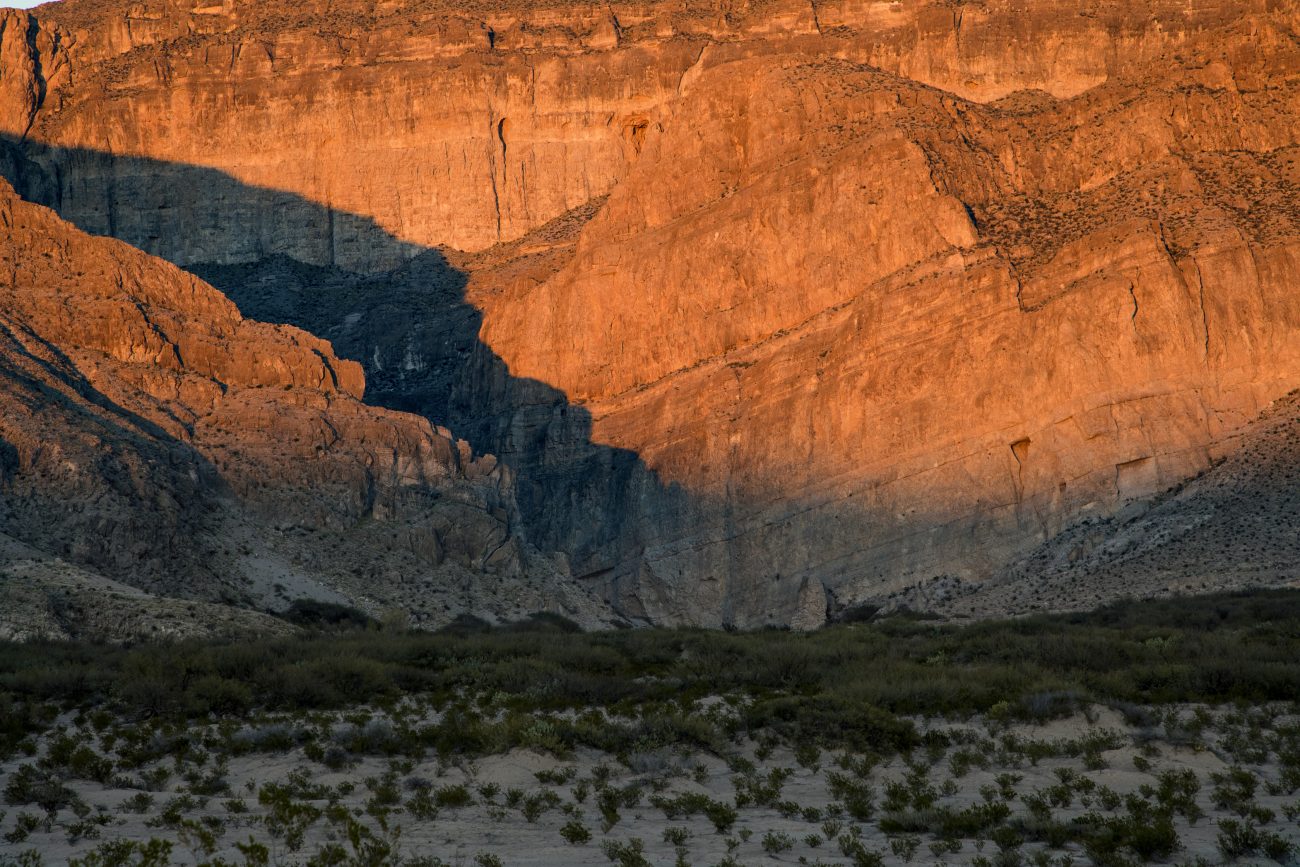
Big Bend National Park. Photo by Brandon Jakobeit
Big Bend National Park has announced that it is closing to visitors in response to growing concern that travelers seeking escape from COVID-19 could introduce the virus in this remote corner of far West Texas.
The closure, which took effect Friday morning, will last “until further notice.” Park officials said they made the decision after health officials from Brewster County and Texas State Health Services encouraged it. The Rio Grande Wild & Scenic River, which is managed by the park, is also closed.
“Any influx of the COVID-19 pandemic would seriously challenge this area, not just the park but the surrounding communities as well,” said Tom VandenBerg, Big Bend’s chief of interpretation and visitor services. “We don’t want the national park to become a magnet for people. The closure is to protect our employees and visitors and residents.”
The park began tightening restrictions for visitors last week when it ended overnight camping and curtailed visitor services. Presidio and Brewster counties have also ordered all hotels and short-term rentals to close.
More than 200 people live inside Big Bend National Park, including employees of the park, the park concessionaire, and U.S. Customs and Border Patrol. They will still be allowed in the park.
Brewster County, which surrounds the park, has not yet recorded a case of COVID-19, VandenBerg said. The nearest medical center to the park is located 100 miles away in Alpine, and it has limited capacity. “It’s hard to imagine anywhere in the lower 48 farther from medical care than our little communities here,” VandenBerg said. “There was concern of people showing up and exposing residents in an area that is very remote and has very limited medical facilities.”
VandenBerg said the park had still been getting a few dozen vehicles per day visiting the park, many of them from out-of-state. “I’ve heard from various sources that there’s been an increase in that type of traffic outside of the park in the local communities—people seeking places like Terlingua as a destination for extreme social distancing,” he said.
Meanwhile, most Texas state parks remain open, although visitor services are limited. Park offices are closed, meaning visitors must purchase day passes and camping permits online.
Spring is typically one of Big Bend National Park’s busiest seasons. VandenBerg said the park staff has been taking advantage of the opportunity to attend to a variety of deferred maintenance projects, such as deep cleaning in the visitor centers, painting, and installing new kiosks.
“Our plan is that when the park reopens it will be in better condition than it is now,” he said. “By closing the park and following some of the local officials’ and CDC recommendations and discouraging non-essential travel, we’re hoping the park will be open sooner, and that the park and its keepers will be healthy.”








